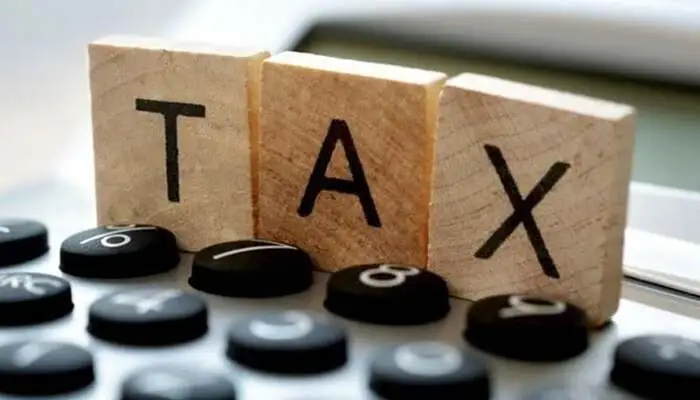
ISLAMABAD: Minister of State for Finance and Revenue, Ali Pervaiz Malik, announced Thursday that the government aims to reduce the tax burden on the salaried class and withdraw taxes on milk. However, this will only be possible if the Federal Board of Revenue (FBR) succeeds in recovering Rs 300 billion to Rs 350 billion from tax evasion in the cigarette industry.
Malik made the statement during a roundtable discussion on the FBR’s Track and Trace System (TTS) compliance. The event, held in Islamabad, focused on tackling tax evasion within the tobacco sector. Malik explained that the prime minister has directed the FBR to reduce income taxes on the salaried class. This, he said, is dependent on the government’s ability to control evasion in the illicit cigarette trade, which currently contributes to a significant portion of the revenue loss.
Collaboration for Economic Stability
The roundtable was hosted by the Institute of Public Opinion and Research (IPOR), in collaboration with PILDAT, and included government officials, industry leaders, policy experts, and media representatives. Malik emphasized the need for collective efforts to enhance regulatory measures within all sectors, especially the tobacco industry. He highlighted the importance of digitalization in improving efficiency and regulatory compliance, noting that economic stability requires collaboration across all sectors of society.
IPOR Study Highlights Non-Compliance
The session began with remarks by Mamoon Bilal, advisor at PILDAT, followed by a presentation of IPOR’s latest study. Tariq Junaid, CEO of IPOR, shared the study’s findings, revealing troubling levels of non-compliance in the tobacco sector. The research, conducted in 11 cities across Punjab and Sindh, covered 40 retail outlets in 18 markets, including a total of 720 outlets.
The study focused on two main aspects: the level of TTS compliance at the point of sale and the adherence to the Minimum Legal Price (MLP) for cigarettes, mandated by the FBR. According to the report, out of 264 cigarette brands surveyed, only 19 brands fully adhered to TTS requirements, which mandate the use of Track and Trace stamps. Non-compliant brands accounted for 58% of the market, including both locally manufactured duty-not-paid (DNP) brands (65%) and smuggled brands (35%).
Violation of Pricing and Health Warnings
The study also found widespread violations of pricing regulations. A total of 197 brands were selling cigarettes below the MLP, while 48 brands were found to be selling above the MLP but still failed to comply with other legal requirements, such as health warning labels. Only 19 brands were fully compliant with all regulations and sold their products above the MLP.
Challenges in Enforcement and Compliance
Muhammad Zaheer Qureshi, project director for the Track and Trace System at FBR, also spoke at the roundtable. He outlined the current challenges in implementing and enforcing compliance, particularly at the retail level. Qureshi emphasized the importance of robust tracking mechanisms to deter tax evasion and shared insights on how the FBR is addressing obstacles through enhanced regulatory oversight.
The roundtable concluded with several actionable recommendations. These included strengthening enforcement at the retail level to limit access to non-compliant brands, increasing penalties for violations, and launching public awareness campaigns to educate consumers on the importance of purchasing compliant products.
Follow Day News on Google News, Instagram, YouTube, Facebook, Whats App, and TikTok for latest updates
















